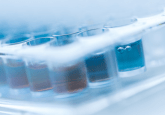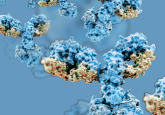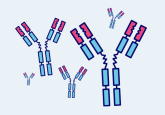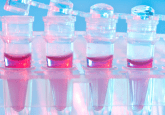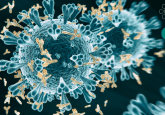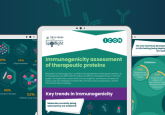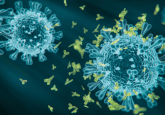Immunogenicity assessment of therapeutic proteins
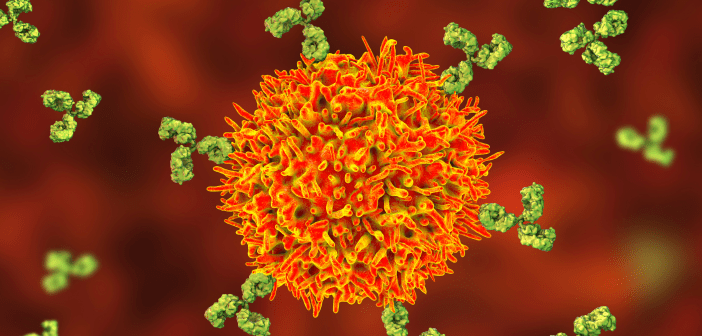
Bioanalysis of immunogenicity is critical for the development of therapeutic proteins, as immunogenicity can affect both the safety and efficacy of biologic drugs. High-quality approaches for tiered detection, characterization, or quasi-quantification of anti-drug antibodies (ADAs) require up-to-date knowledge of analytical methodologies, regulatory guidelines and industry best practices.
To ensure high-quality approaches for immunogenicity testing, it is necessary to grasp a wide understanding of the needs and expectations of companies that are developing drugs that may initiate immunogenicity. Flexibility in approaches is needed to serve the different needs of each program or sponsor.
In this Spotlight, we will explore the elements involved in the different approaches for immunogenicity assessment, including preclinical ADA assessments, singlicate ADA analysis, or complex assay strategies to determine ADAs for different compounds/antibody modalities. We will discuss the current industry best practices for ensuring high-quality ADA detection and characterization, common challenges encountered and any emerging trends that may shape the future of immunogenicity bioanalysis.
This feature was produced in association with:

